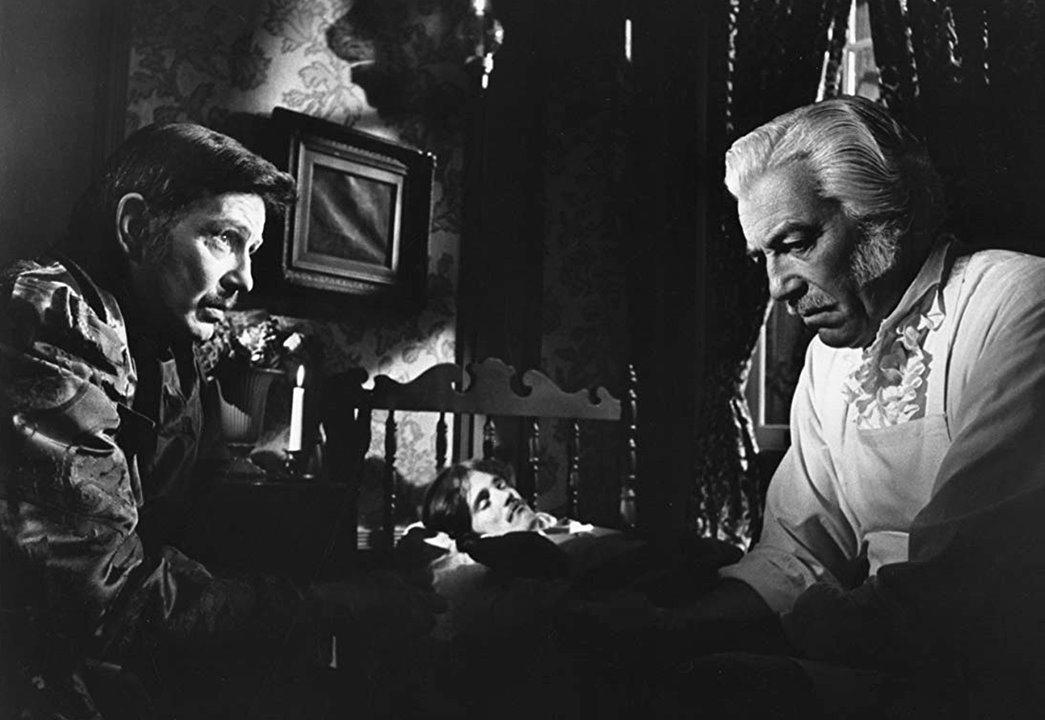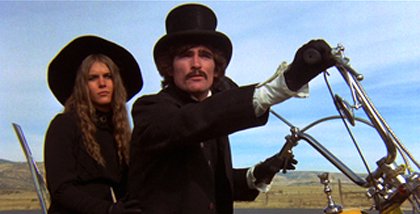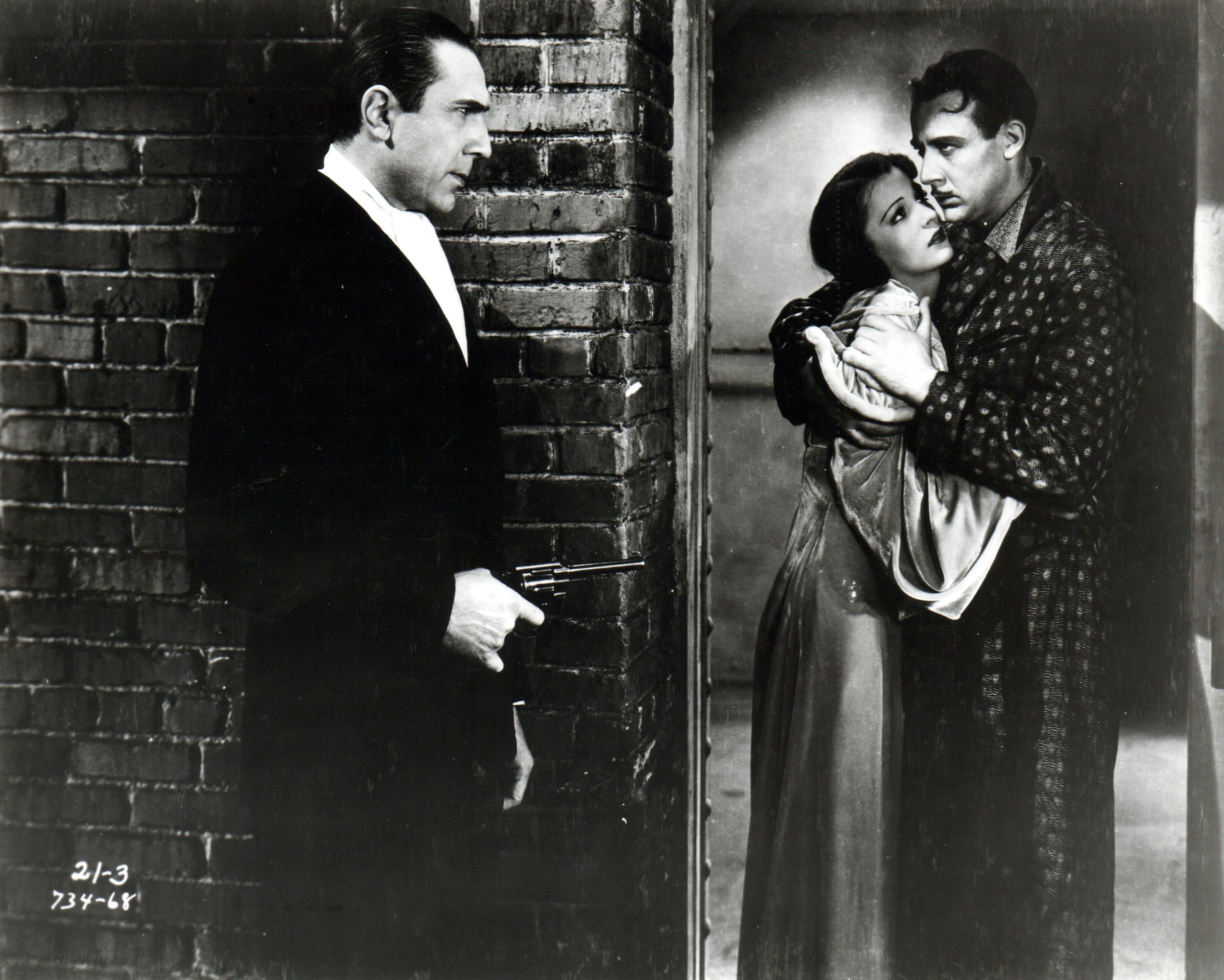Time to break from Poe because it’s St. Patrick’s Day. For some, it’s a time to drink. For others, it’s a time to give thanks for a lack of snakes in Ireland. For me, it’s an excuse to watch Irish movies.
Publishing - the dread of all editors and format gurus the writing world over. The spacing! The indents! The widows and orphans (not literal - it’s a ms word issue)! Well, imagine you are writing a book entirely by hand using ink from specialty ingredients and, oh yea, there’s an ancient Celtic evil after you.
This is the plot of The Secret of Kells, a beautiful animated film that does not get enough credit. The movie is a fictionalized version of how the famous Medieval illuminated manuscript, the Book of Kells, was finally finished. The only part that is really historical is how the book travels to Ireland to escape Viking raids and how Ireland at the time was split between Pagan roots and Christian beliefs.
The main character is Brendan, the nephew of Abbot Cellach (voiced by of course Brendan Gleeson), who is curious about the world outside of the abbey. He is apprenticed to the newly arrived Brother Aidan who has brought the Book of Kells with him after fleeing an attack. The diverse cast of illuminators within the abbey are in complete reverence to Brother Aidan who is a master at their craft. Also, Aidan has a cat named Pangur Ban that the young boy bonds with who is the best character in the story.
Brendan is sent beyond the abbey walls to look for berries to make ink from and is saved from a pack of wolves by a fairy named Aisling. Were there once wolves in Ireland? According to history sites on the internet (and another animated film from this same company) - yes. See, kids. This is totally educational.
Aisling tells him to beware of Crom Cuach, which in this film is a dark god of death and fear. I think in reality he was a chieftain god and had something to do with agriculture, but I need to brush up on my Irish mythology. I do know that according the story of St. Patrick, Crom Cuach was defeated by the famous bishops along with all of those “snakes”.
Tangent over. Brendan discovers that Crom has the eye of Colm Cille, a magnifying crystal used to create some of the greatest manuscripts. This is based on the stories of St. Columcille of Iona, an descendant of Irish kings turned priest who famously preserved the history of some really famous battles. The film does not mention that this guy was a military historian, just that Brendan should want to be as great of an illustrator as he was.
The fight for the “eye” coincides with a viking raid on the abbey. Brendan’s ultimate goal becomes protecting and training to finish the book. SPOILER ALERT: He spends his growing year traveling through Ireland and showing the book to people in order to give them hope.


































